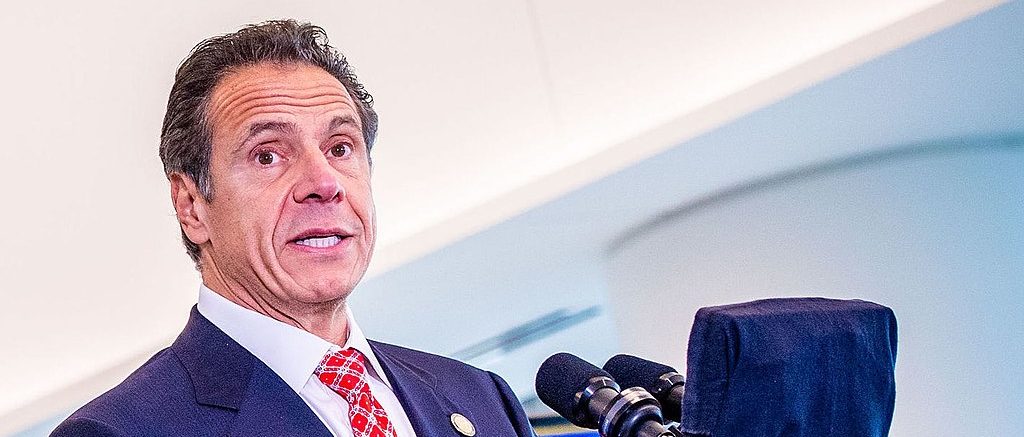Brazil's Finance Minister Urges US to Embrace Latin America's Economic Potential

In a compelling call for a shift in US policy, Brazil's Finance Minister Fernando Haddad has urged Washington to adopt a more generous and proactive approach towards Latin America and South America. Speaking on Monday, Haddad emphasized that the world's largest economy stands to gain significantly from fostering greater industrial development across the continent. His remarks highlight a growing sentiment within Brazil and other Latin American nations – that the US has historically overlooked the region's economic potential, often prioritizing short-term interests over long-term partnership.
Haddad’s argument hinges on the idea that increased investment and collaboration in Latin America can unlock substantial economic benefits for both sides. He pointed to the region's vast natural resources, burgeoning middle class, and potential for innovation as key drivers of growth. By supporting industrial development, the US can tap into new markets, secure access to critical resources, and strengthen its position in the global economy.
“The US has a unique opportunity to shape the future of Latin America,” Haddad stated. “But it requires a change in mindset – a move away from viewing the region solely through the lens of security concerns and towards recognizing its immense economic promise.” He specifically called for the US to consider easing trade barriers, increasing development assistance, and promoting investment in infrastructure and education.
The current economic landscape in Latin America presents both challenges and opportunities. While the region has faced economic volatility and inequality in the past, there's a renewed focus on sustainable development, regional integration, and strengthening democratic institutions. Brazil, as the region's largest economy, is playing a pivotal role in this transformation, and Haddad's advocacy reflects a broader effort to forge closer ties with the US based on mutual benefit.
Haddad's appeal comes at a time when geopolitical tensions are reshaping global trade and investment patterns. With rising competition from China and other emerging economies, the US needs to actively engage with Latin America to maintain its influence and secure its economic interests. Failing to do so could mean missing out on a significant opportunity to build a more prosperous and stable hemisphere.
The call for a more generous US approach to Latin America isn't just about economics; it's also about strengthening diplomatic relationships and promoting shared values. By investing in the region's development, the US can help foster stability, reduce inequality, and create a more favorable environment for trade and investment. It's a win-win scenario that benefits both the US and Latin America, and one that Fernando Haddad believes the time has come to embrace.
Ultimately, Haddad's message is clear: Latin America is not a peripheral region to be overlooked, but a vital partner with the potential to contribute significantly to the global economy. A more generous and proactive US policy is not just desirable; it's essential for securing a more prosperous and stable future for both continents.






